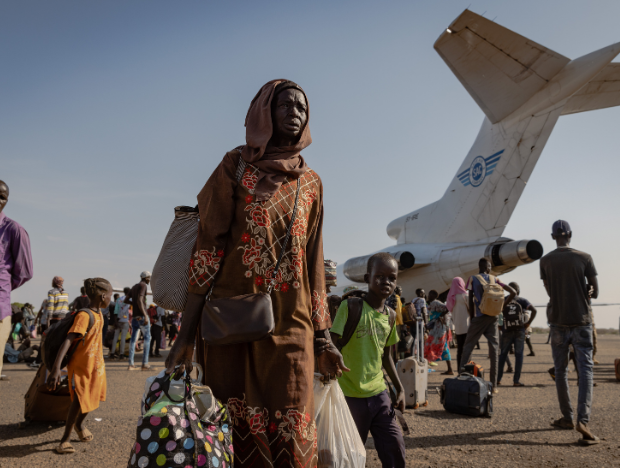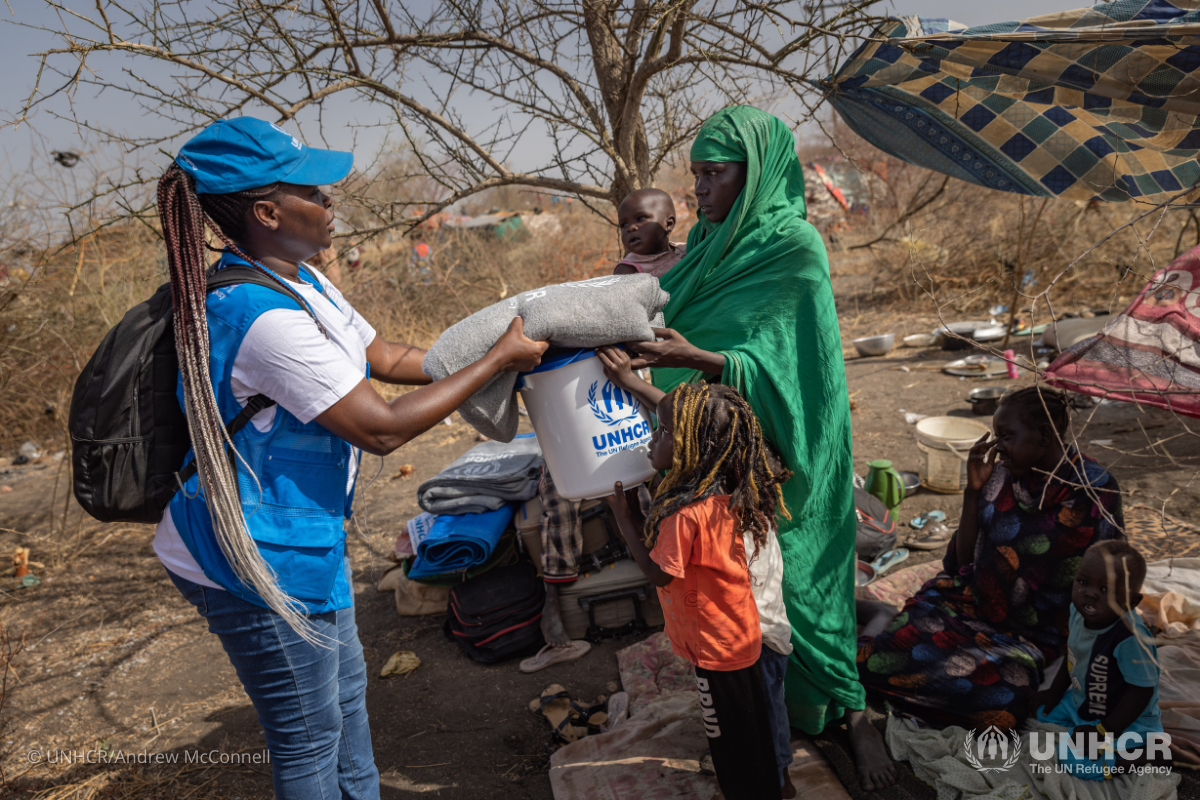Statelessness Explained
Olena Miryasheva was born in the Kazakh Soviet Socialist Republic. But when the former Soviet Union was dissolved in 1991, Olena was among hundreds of thousands of people across Central Asia who were left stateless - no country recognized her as a citizen. She lived in Russia and then in Ukraine, but neither of these countries recognized her as a citizen. Statelessness had a devastating impact on Olena’s life. Olena had cancer and was denied access to lifesaving healthcare that is free for Ukrainian citizens. Tragically, in May 2019, her condition worsened, and in October of that same year, she died.
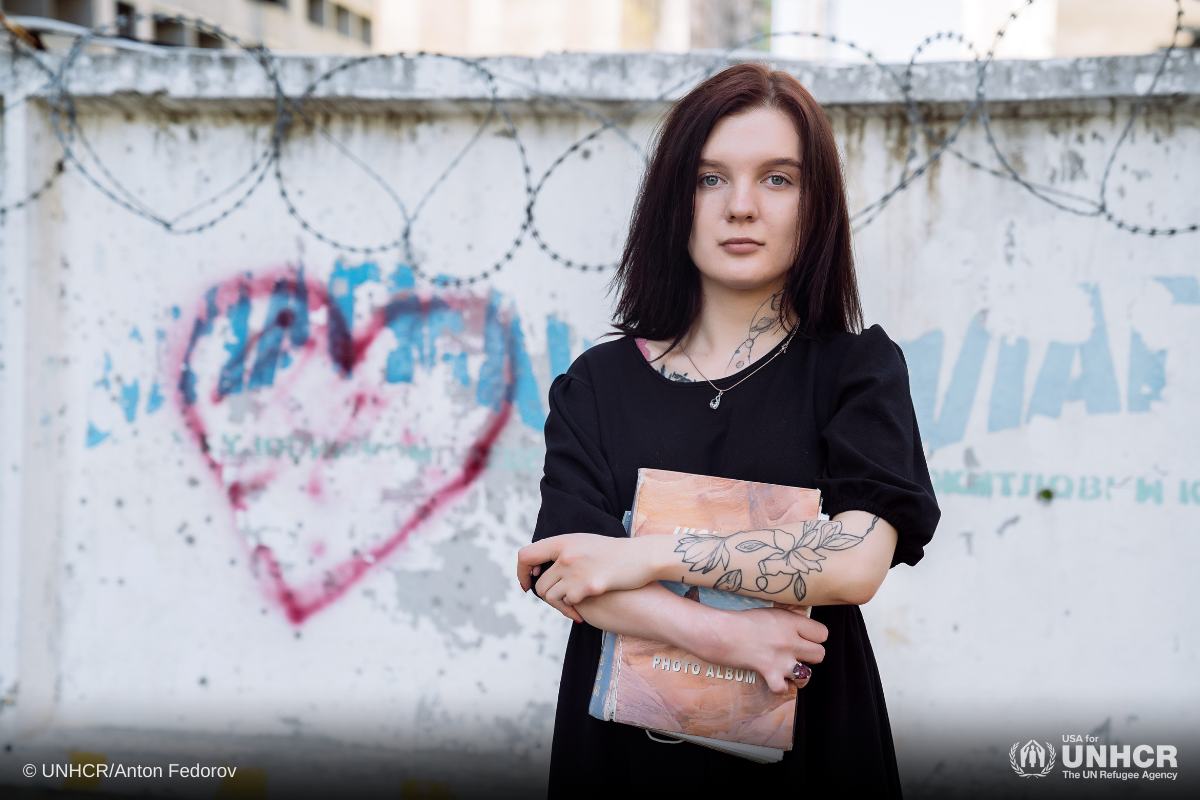 22-year-old Anna Miryasheva holds a photo album with pictures of her mother, Olena, who died of cancer in 2019.
22-year-old Anna Miryasheva holds a photo album with pictures of her mother, Olena, who died of cancer in 2019.
Millions of people around the world are stateless - they have no officially recognized nationality and are deprived of fundamental human rights. They lack access to healthcare, education and fundamental things like birth certificates for newly born children. At the end of 2022, the UN Refugee Agency reported more than 4.4 million people were stateless or of undetermined nationality worldwide.
Here's what you need to know:
1. What does it mean to be stateless?
2. What are the causes of statelessness?
3. What are the consequences of statelessness?
4. Where do stateless people live?
5. What is UNHCR doing to help stateless people worldwide?
1. What does it mean to be stateless?
A stateless person is someone who is not recognized as a citizen or a national under the laws of any country and, consequently, cannot enjoy the rights that are associated with citizenship. For most people, nationality is determined by place of birth, parentage or a long-term residence in a country. Some people are born stateless, but others become stateless.
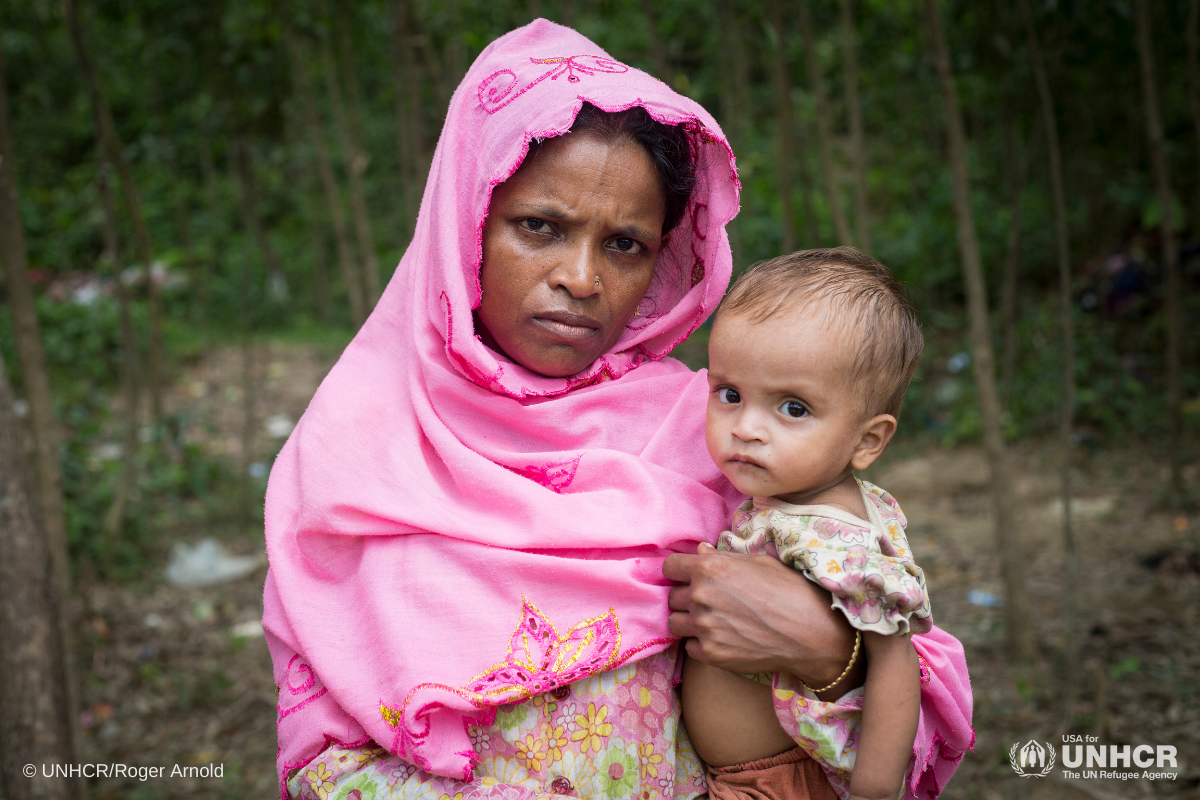
2. What are the causes of statelessness?
Statelessness can result from a variety of factors, such as:
- Discrimination against certain minority groups on the basis of race, ethnicity, religion, language or gender.
- Gaps in nationality laws or conflicts of law between countries can exclude people and leave them stateless. For example, a country may not grant nationality based on birth alone but based on descendance from a national. Children born in a foreign country may become stateless if the country does not allow their parents to pass on nationality through family ties, leaving entire generations stateless.
- The creation of new countries, transfers of territory between existing countries or changes in borders that can result in the exclusion of groups of people that may find it difficult to prove their links to a particular country.
- Lack of birth registrations to prove a person’s place of birth and parentage.
- Denationalization, which can occur when citizens lose their nationality as a consequence of living outside their country for a long period of time.
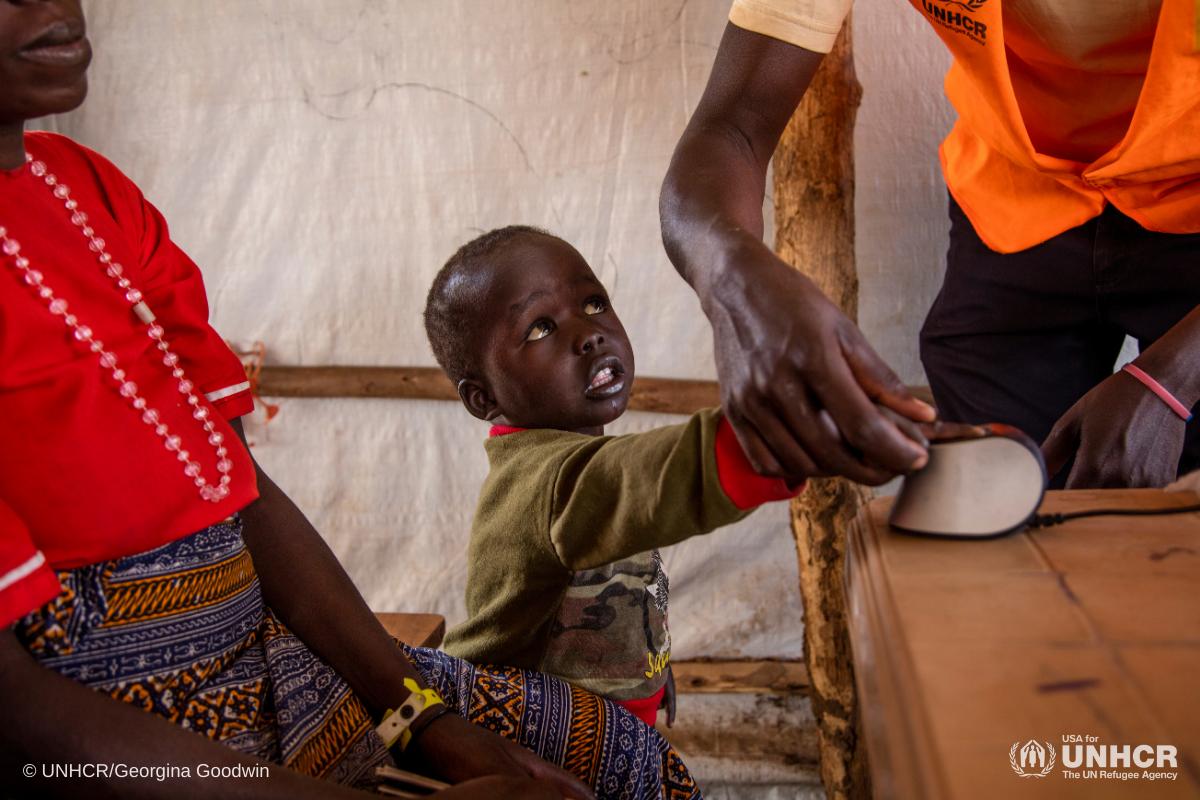
3. What are the consequences of statelessness?
The consequences of statelessness are devastating. Stateless people have no legal protection and are generally denied of basic rights - such as education, healthcare, employment, housing, marriage, freedom of movement, political participation during their lifetime and even the dignity of an official burial and a death certificate when they die. Stateless people are also particularly vulnerable to discrimination, exploitation and abuse - including arbitrary detention, forced labor, trafficking and violence.
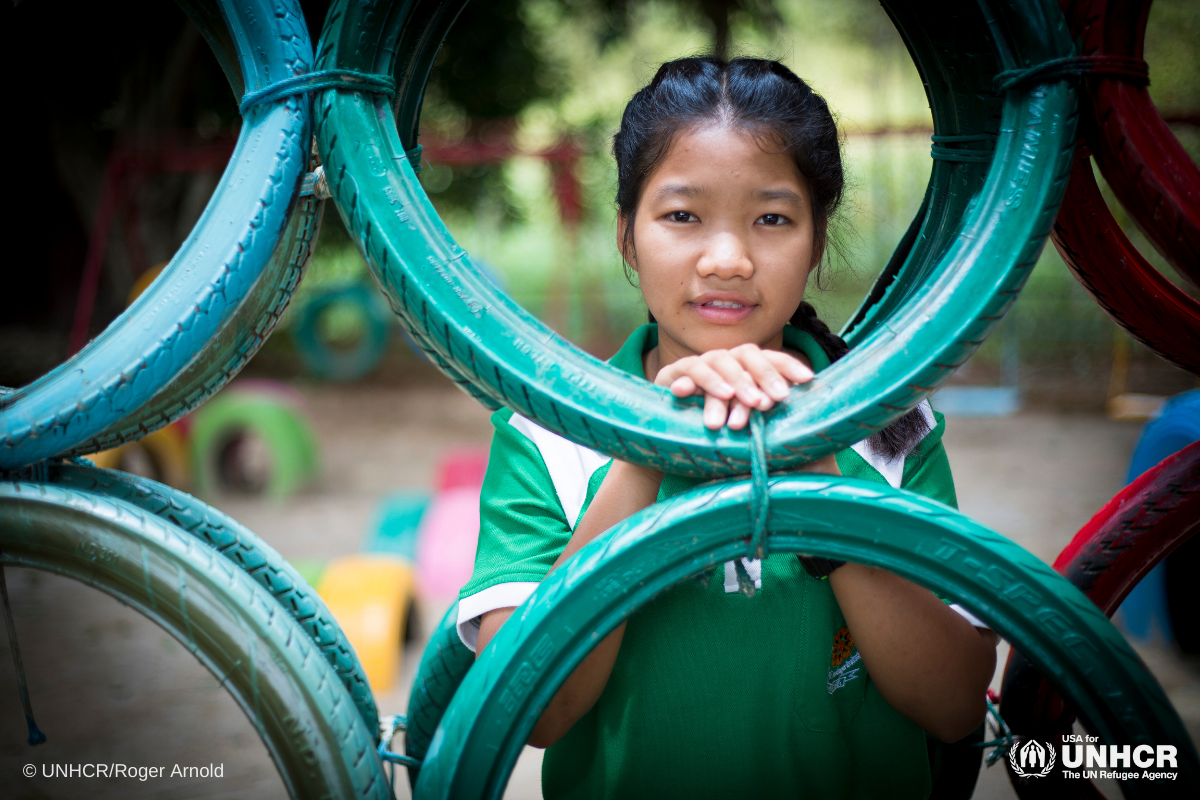
A significant number of the world’s stateless people are also victims of forced displacement. In some cases, they are deprived of their nationality and subsequently forcibly expelled from the country they consider to be their home. In other cases, they are forced to flee because of the persecution and discrimination they face. Once those fleeing persecution cross an international boundary, they become stateless refugees.
4. Where do stateless people live?
While the full extent of statelessness is hard to know given that stateless people are frequently excluded from censuses data, there are stateless populations in almost every country - and about one third of them are children.
At the end of 2022, countries with large stateless populations included Bangladesh (952,300), Côte d’Ivoire (931,100), Myanmar (630,000) and Thailand (574,200). About 30 percent of stateless people globally are also displaced. Most of them are Rohingya, either internally displaced in Myanmar or refugees in neighboring countries.
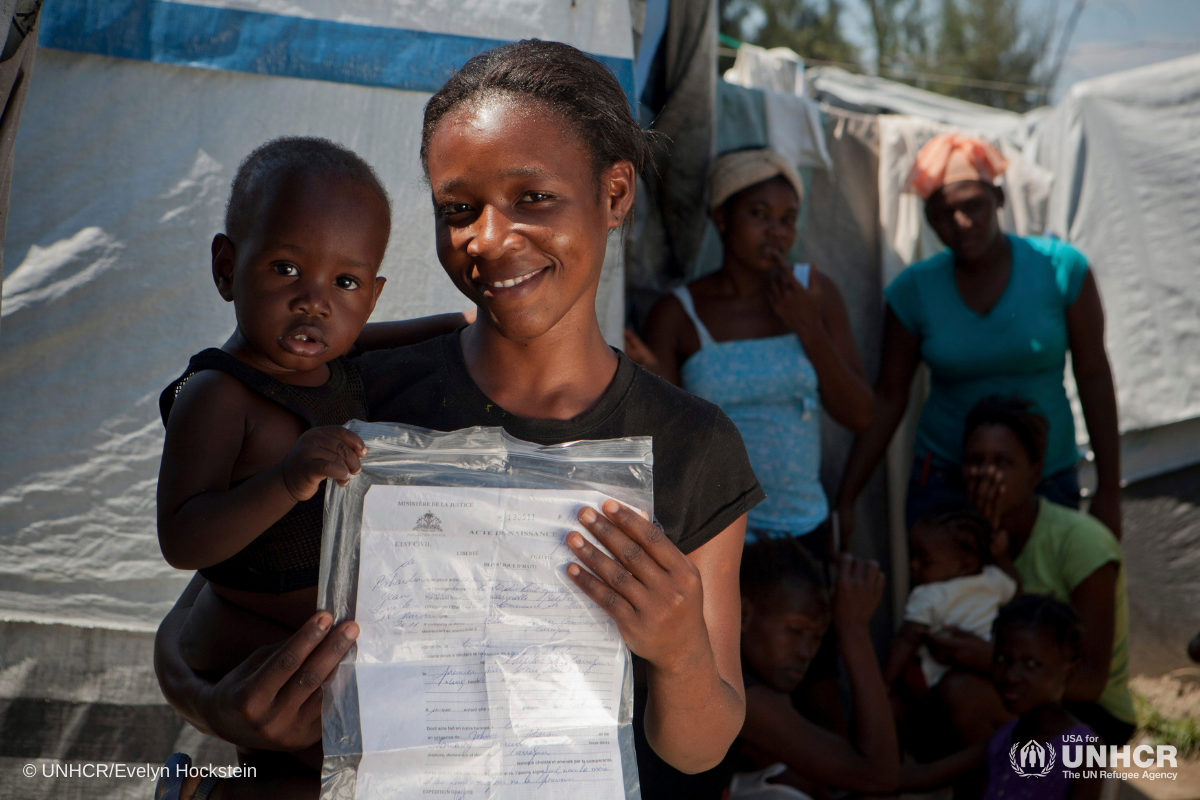
5. What is UNHCR doing to help stateless people worldwide?
In 1995, the UN Refugee Agency received the formal mandate to identify, prevent and reduce statelessness around the world as well as to protect the rights of stateless people. Since then, UNHCR has been working with governments, other UN Agencies and the civil society to address a Global Action Plan that aims to end statelessness by 2024.
Some of UNHCR’s activities to address statelessness include:
- Information gathering on stateless populations, including their characteristics, challenges and the laws and regulations that affect them.
- Government assistance to enact or revise national refugee legislation that can help address existing situations of statelessness and prevent new cases from emerging.
- Ensuring birth registration and confirmation of nationality for stateless minority groups that reside in a territory – provided that they were born or have resided there before a particular date or have parents or grandparents who meet these criteria.
- Technical and financial support of relevant administrative and judicial institutions as well as staff trainings.
- Advocacy campaigns, such as the #IBelong Campaign, to raise awareness and help end statelessness. By the end of 2019, more than 341,000 stateless people acquired a nationality as a result of concerted national efforts motivated in part by the #IBelong Campaign.
How you can help…
The best way to support stateless people in the U.S. and worldwide is to become USA for UNHCR’s newest monthly donor. Please make a gift today and help us end statelessness.
